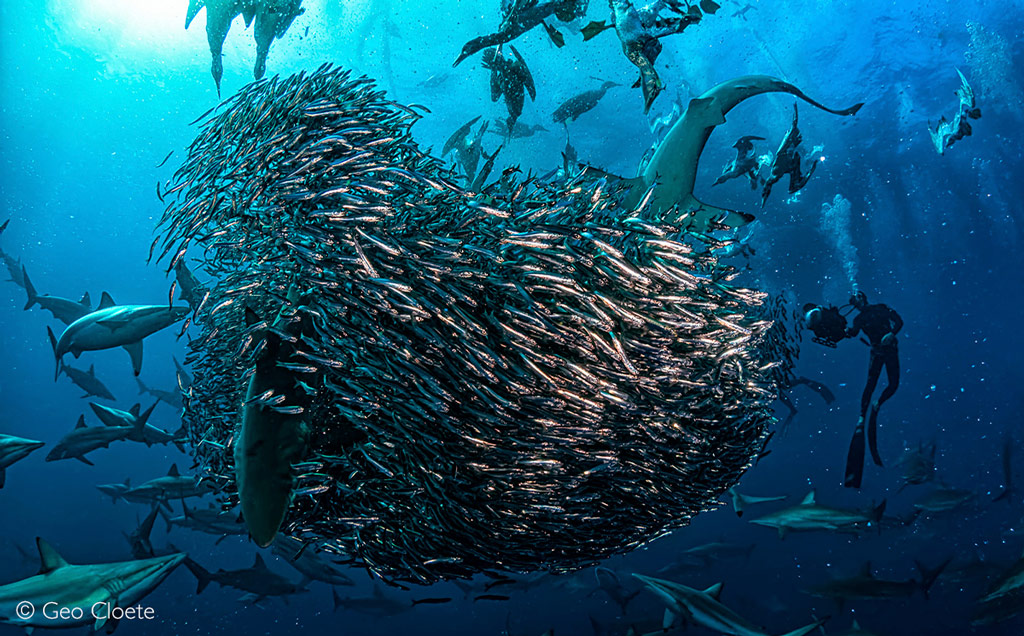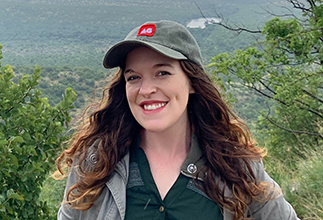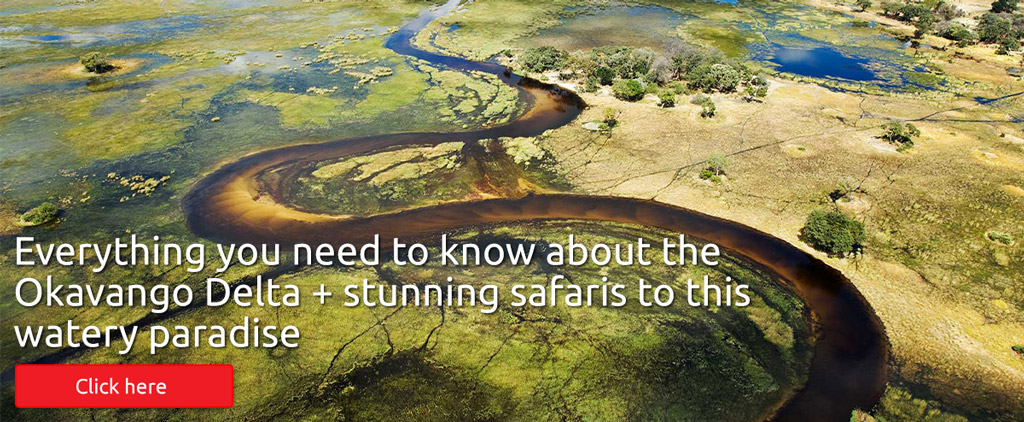
This is a copy of our weekly email newsletter. Subscribe here to receive the newsletter.
Unbreakable baobabs + malaria-free Marakele + a Hwange conservation safari

Forget Facebook drama – if you’re looking for a social network done right, look no further than vulturine guineafowls. While we know that complex societies exist amongst mammals, finding similar systems within bird communities was previously unheard of. Until recent years that is, when scientists studying these blue-plumed birds in Kenya noticed complex relationships that rival the organised get-togethers of primates. Tracking over 400 guineafowls, scientists found they divide into stable “friend groups” that occasionally merge into mega-flocks, only to split back into their original squads as seamlessly as if choreographed.
And here’s the kicker: despite their small brains, vulturine guineafowls manage all this without the chaos typical of many human gatherings. They know exactly who belongs in their group and stick together, relying on their bonds for survival. This behaviour challenges everything we thought we knew about animal intelligence and friendship. Turns out, maybe we can learn a thing or two about community from these feathered socialites – like the value of sticking with friends who’ve got your back when danger is lurking and peacefully coexisting sans squabble even when things get tough.
We have some positive news on baobabs – it turns out they are more resilient than we thought! Plus, we explore an extraordinary malaria-free Big-5 reserve in South Africa’s Waterberg: Marakele National Park. Check out our stories below.

Taryn van Jaarsveld – Editor
DID YOU KNOW?
We donate a portion of the revenue from every safari sold to carefully selected conservation projects that make a significant difference at ground level. YOUR safari choice does make a difference – thank you!
Story 1
https://africageographic.com/stories/marakele-national-park/
MARAKELE, WATERBERG
Marakele NP in South Africa is a Big-5 biodiversity extravaganza & home to one of the world’s largest Cape vulture colonies
Story 2
https://africageographic.com/stories/the-unbreakable-baobabs/
UNBREAKABLE BAOBABS
Africa’s baobabs are tougher than we think. Despite climate change concerns, these iconic trees show resilience against the odds
 TRAVEL DESK:
TRAVEL DESK:
We have two thrilling safaris lined up – whether it’s a luxury adventure you’re after, or a safari that will take you to the heart of the conservation action. Browse our safaris below and let’s start planning your dream trip.
Blend sophisticated, vibey Cape Town and the Cape Winelands with exceptional Greater Kruger Big-5 game viewing in this classic bucket-list safari. This safari will romance you with the Mother City’s abundance of hip restaurants, sandy white beaches, outdoor activities, historic wine estates and iconic landmarks before sweeping you off your feet with wall-to-wall wildlife action in a private game reserve within the Greater Kruger area – just over 2 hours away by air. We recommend 8 days, but will adapt the safari to suit your needs. Budget, mid-range and luxury options are all on offer.
Searching for something different? Browse a wide variety of safari destinations, experiences and ideas here

 WATCH: An incredible sighting of a zebra foal taking its very first steps just after being born. (01:00) Click here to watch
WATCH: An incredible sighting of a zebra foal taking its very first steps just after being born. (01:00) Click here to watch
For more videos celebrating Africa, check out our videos here
To comment on this story: Login (or sign up) to our app here - it's a troll-free safe place 🙂.![]()






